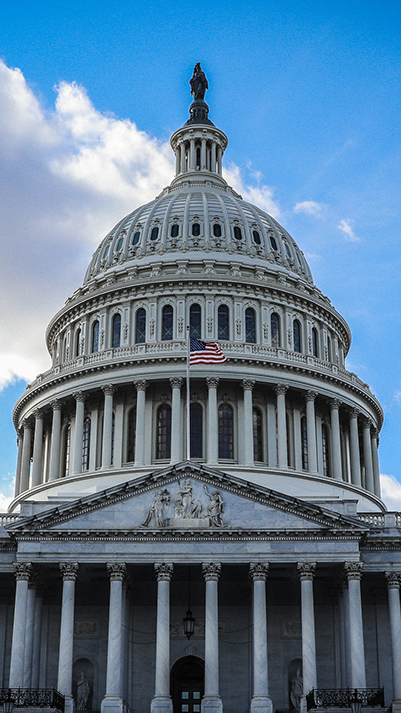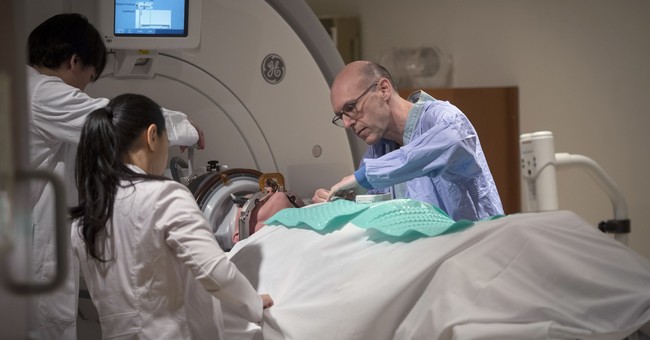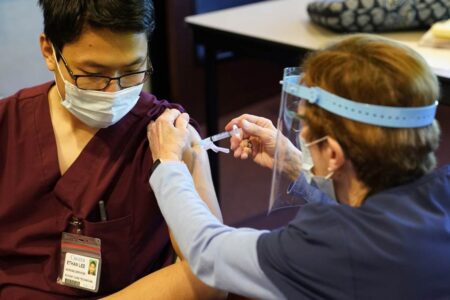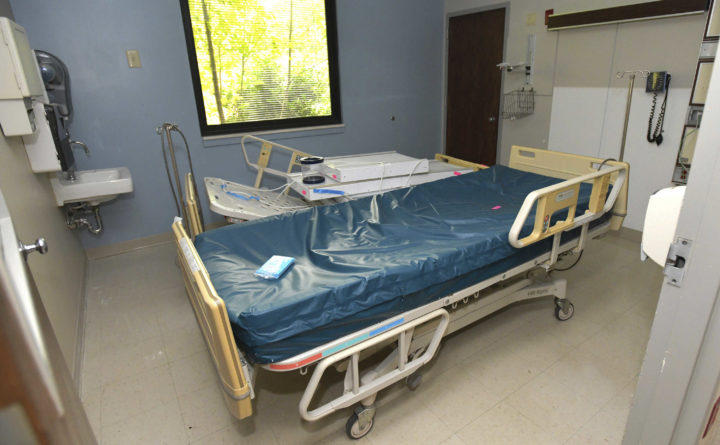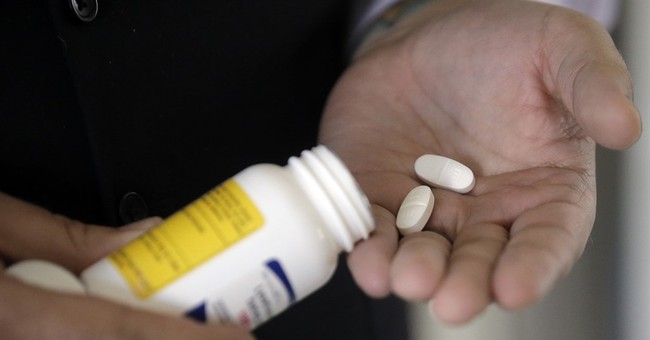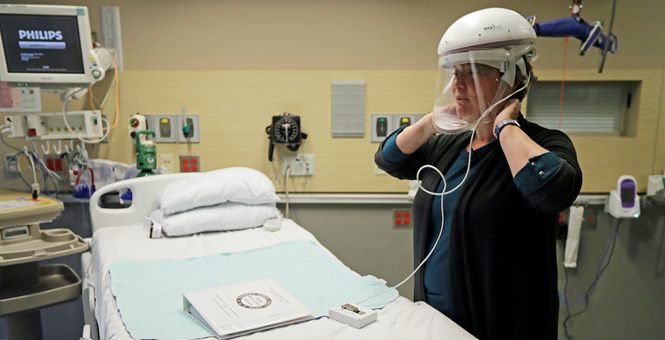This week the National Resident Matching Program (Match) will inform between 45,000 to 50,000 medical graduates whether they have a career in medicine or should try for Plan B. Some of those who failed to match (about 20 percent) will spend the rest of their lives trying to pay down $300,000 in medical school debt without an income capable of servicing that debt.

